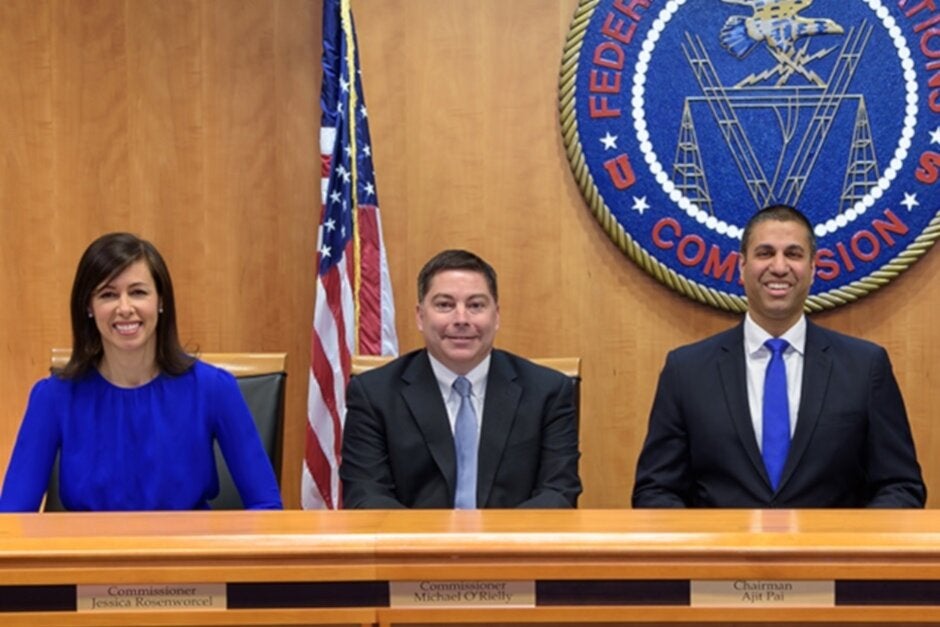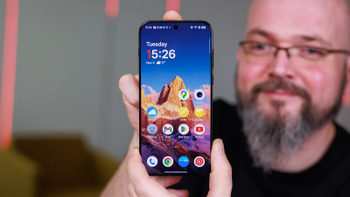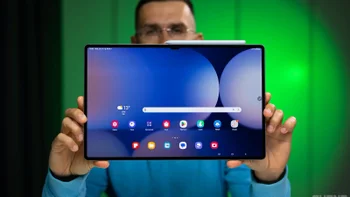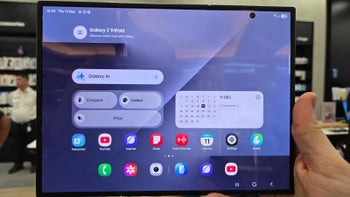In split decision, Appeals Court says that states can legislate net neutrality

Just because we haven't written about net neutrality in a while doesn't mean that the battle to restore the Obama era rules had died. As you might recall, net neutrality rules prevented wireless carriers and ISPs from favoring certain content over others. For example, a streaming video service would not be allowed to deliver suitcases of cash to a wireless provider in exchange for a "fast lane." So in other words, net neutrality makes sure that all streaming content is treated the same. In addition, it also prevents carriers from blocking the transmission of text or other messages that are not aligned with their political views.
Court orders FCC to consider public safety concerns that have come about because of its repeal
In an attempt to overturn the FCC's repeal of net neutrality, the attorneys general of 22 states and the District of Columbia filed a suit in the U.S. Court of Appeals for the District of Columbia in August 2018. Today, as reported by CNET, the court returned a split decision that upheld the FCC's decision to repeal net neutrality. However, the court's ruling also allows states to legislate the issue on their own. And part of the order will be remanded back to the FCC. The court ordered the regulatory agency to consider how public safety could be impacted by its ruling to repeal net neutrality. As you might expect, FCC chairman Pai crowed about the ruling and called it a "victory for consumers, broadband deployment, and the free and open Internet."
"Since we adopted the Restoring Internet Freedom Order, consumers have seen 40% faster speeds and millions more Americans have gained access to the Internet," he said in a statement. "A free and open Internet is what we have today and what we'll continue to have moving forward."-Ajit Pai, chairman, FCC
In April of this year, the House of Representatives, now controlled by Democrats, passed a bill to make Net Neutrality federal law (the vote count was 232-190). But the bill was DOA in the Senate where the Republicans enjoy a healthy majority. As he has done with other key bills dealing with hot button topics like protecting U.S. elections from foreign manipulation and gun safety, Senate Majority Leader Mitch McConnell (R-Kentucky) blocked the net neutrality bill from making it from the House to the floor of the Senate.

FCC Chairman Ajit Pai (at far right) led the agency's repeal of net neutrality
There have been some strange incidents surrounding the FCC's decision to repeal net neutrality. During the public comment period, the FCC was innundated by fake responses from Russians giving support to the FCC's actions. These comments used stolen identities to appear as though they came from U.S. citizens and last December even FCC Chairman Pai admitted that the Russians tried to interfere in the issue.
Net neutrality would have prevented Verizon from throttling an account belonging to the firefighters in Santa Clara County, California last year. The account's download data speed dropped from approximately 50Mbps to about 30kbps right as the fire department was battling the wildfires in the state. The fire department was forced to pay more for a higher tiered Verizon plan in order to get its service running at full-speed. The carrier has since taken steps to prevent this issue from happening again. But this is exactly the type of public safety concern that the court wants the FCC to examine in connection with its repeal of net neutrality. Will the FCC even consider public safety concerns and reverse its repeal? Under Ajit Pai's reign, don't count on it.
Follow us on Google News











Things that are NOT allowed:
To help keep our community safe and free from spam, we apply temporary limits to newly created accounts: